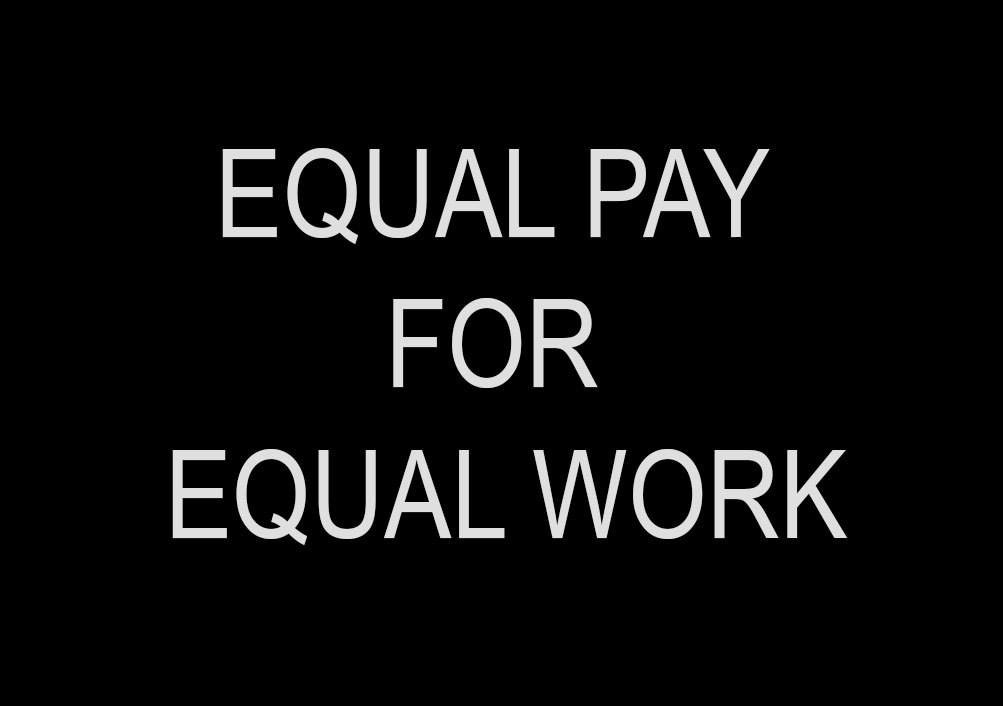‘Equal Pay For Equal Work’ not a Fundamental Right but a Constitutional Goal: Bombay High Court

Read Judgment- Gajanan S/o Madhukarrao Ghule And Ors v. State of Maharashtra And Ors
Tulip Kanth
Mumbai, August 17, 2021: The Nagpur Bench of the Bombay High Court has ruled that the principle ‘Equal Pay For Equal Work’ is not a fundamental right but a constitutional goal, while affirming that the decision of the State Government not to grant to Full Time Instructors parity in Pay Scale with Full Time Teachers does not suffer from the vice of arbitrariness or irrationality.
“The consistent judicial view is that the doctrine of ‘Equal Pay For Equal Work’ is not abstract and does not operate in a vacuum. The principle ‘Equal Pay For Equal Work’ is not a fundamental right but a constitutional goal and entitlement to parity in Pay Scale would depend on several factors such as educational qualifications, nature of the job, duties to be performed, responsibilities to be discharged and experience,” stated the Division Bench of Justice Sunil B. Shukre and Justice Rohit B. Deo.
The Writ Petitions filed by Minimum Competency Vocational Course (MCVC) Instructors, claiming Pay Scale at par with the Full Time Teachers in MCVC on the principle of ‘Equal Pay For Equal Work’, which is enshrined in Articles 14 and 39(d) of the Constitution, were dismissed by the Bench.
The Petitioner mainly argued that though designated as Instructors, the nature of duties discharged is identical with the duties discharged by Full Time Teachers. It was submitted that there is a marked difference in the Pay Scales.
The thrust of the petitioner’s contentions was to emphasize on the anvil of quantum and nature of duties, that the differentiation in the Pay Scales is invidious and falls foul of the constitutional guarantee of ‘Equal Pay For Equal Work’.
On the contrary, from the State’s side it was contended in rebuttal that the principle of ‘Equal Pay For Equal Work’ does not come into play since neither the qualifications prescribed nor the nature of duties discharged, are similar, much less identical, as would justify according parity in Pay Scales to Full Time Instructors.
Now deciding upon the petitioner’s grievance, the Division Bench stated that the nature of duties performed and the responsibilities discharged by Full Time Instructors are not comparable with those performed and discharged by Full Time Teachers.
The Bench also noted that the designation of posts cannot be the sole basis of comparison. Considering that evaluation of posts is a complex exercise which must consider several factors, unless the decision of the executive is demonstrably malafide or irrational, the Courts must observe restrain and avoid treading on unsure grounds.
The Court also added that the burden to prove and establish entitlement to parity on the touchstone of Articles 14 and 39(d) of the Constitution of India is that all the employees claiming such parity and unless, a wholesale identity between the holders of the two posts is established, interference in the evaluation done by the executive would be inappropriate.
The Division bench also found no substance in the submission that in the absence of Rules framed under Article 309 of the Constitution of India, it would have to be assumed that there are no minimum illegibility qualifications prescribed. It is eminently permissible in exercise of executive power to prescribe educational qualifications for a post, if the space is unoccupied by statutory provisions, stated the Court.
After a conjoint reading of the Government Resolutions of August 9,1978 and October 28,1988, the Bench drew an inference that the qualifications, which are different for the posts of Full Time Teachers and Full Time Instructors, are prescribed in exercise of executive power.
The Division Bench, thus, concluded, “The decision of the State Government not to grant to Full Time Instructors parity in Pay Scale with the Full Time Teachers does not suffer from the vice of arbitrariness or irrationality, and we would be loathe to interfere with a legitimate exercise of executive power, in exercise of writ jurisdiction.”
Lastly, the High Court also withheld to consider the prayers seeking certain directions which touched the procedure and policy of inspection and working hours and observed that the said reliefs are not seriously pressed and there was absence of material to show that the policy decisions demonstrably suffer from irrationality or malafides.
Sign up for our weekly newsletter to stay up to date on our product, events featured blog, special offer and all of the exciting things that take place here at Legitquest.




Add a Comment